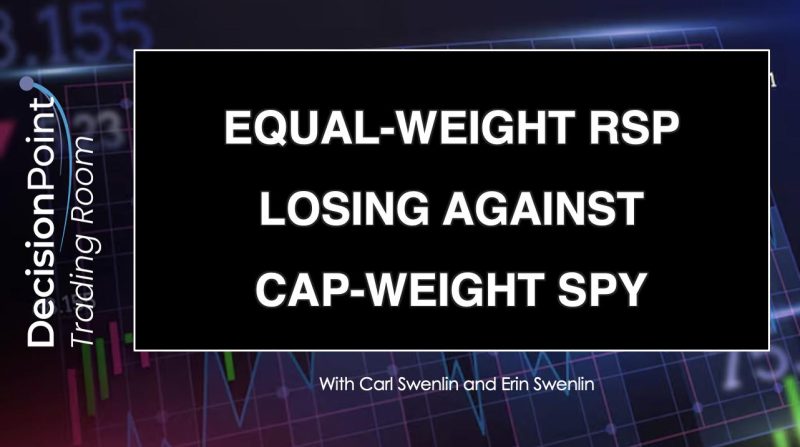In the world of finance and investments, one of the debated topics is the comparison between equal-weight and cap-weight strategies in trading rooms. While both approaches have their own set of advantages and disadvantages, understanding the differences and implications of each strategy can help traders make informed decisions.
Equal-weight strategy involves allocating the same amount of investment to each stock within a portfolio. This approach aims to provide equal exposure to each stock, regardless of its market capitalization. On the other hand, the cap-weight strategy gives more weight to stocks with higher market capitalization, leading to a greater allocation to larger companies.
Proponents of the equal-weight strategy argue that it offers diversification benefits by mitigating concentration risks. By spreading the investment evenly across all stocks, this approach can provide exposure to a broader range of companies and sectors. Additionally, equal-weight portfolios have the potential to outperform cap-weight portfolios during certain market conditions, especially when smaller companies outperform their larger counterparts.
However, critics of the equal-weight strategy point out that it may lead to higher turnover and trading costs due to the need for frequent rebalancing. This constant adjustment can erode returns over time, particularly in volatile markets. Moreover, equal-weight portfolios may have a higher weight in smaller, riskier stocks, which can introduce additional volatility to the overall portfolio.
In comparison, the cap-weight strategy has been widely adopted by many investors and index funds. This approach mirrors the market capitalization of stocks, giving more weight to large-cap companies that dominate the market. Advocates of the cap-weight strategy argue that it reflects the overall market sentiment and provides exposure to established, stable companies that can withstand economic downturns.
Despite its popularity, the cap-weight strategy is not without its drawbacks. Critics highlight the potential lack of diversification in cap-weight portfolios, as a significant portion of the investment is concentrated in a few large companies. This concentration risk can expose investors to the potential downfall of a single stock or sector, leading to increased volatility and reduced returns.
In conclusion, the debate between equal-weight and cap-weight strategies in trading rooms is ongoing, with both approaches having their own set of pros and cons. While the equal-weight strategy offers diversification benefits and the potential for outperformance in certain market conditions, it may come with higher turnover and trading costs. On the other hand, the cap-weight strategy provides exposure to market leaders and reflects the overall market sentiment but may lack diversification and be susceptible to concentration risks.
Ultimately, the choice between equal-weight and cap-weight strategies depends on individual investment goals, risk tolerance, and market outlook. By understanding the differences between these two approaches, traders can make informed decisions that align with their investment objectives and preferences.




























